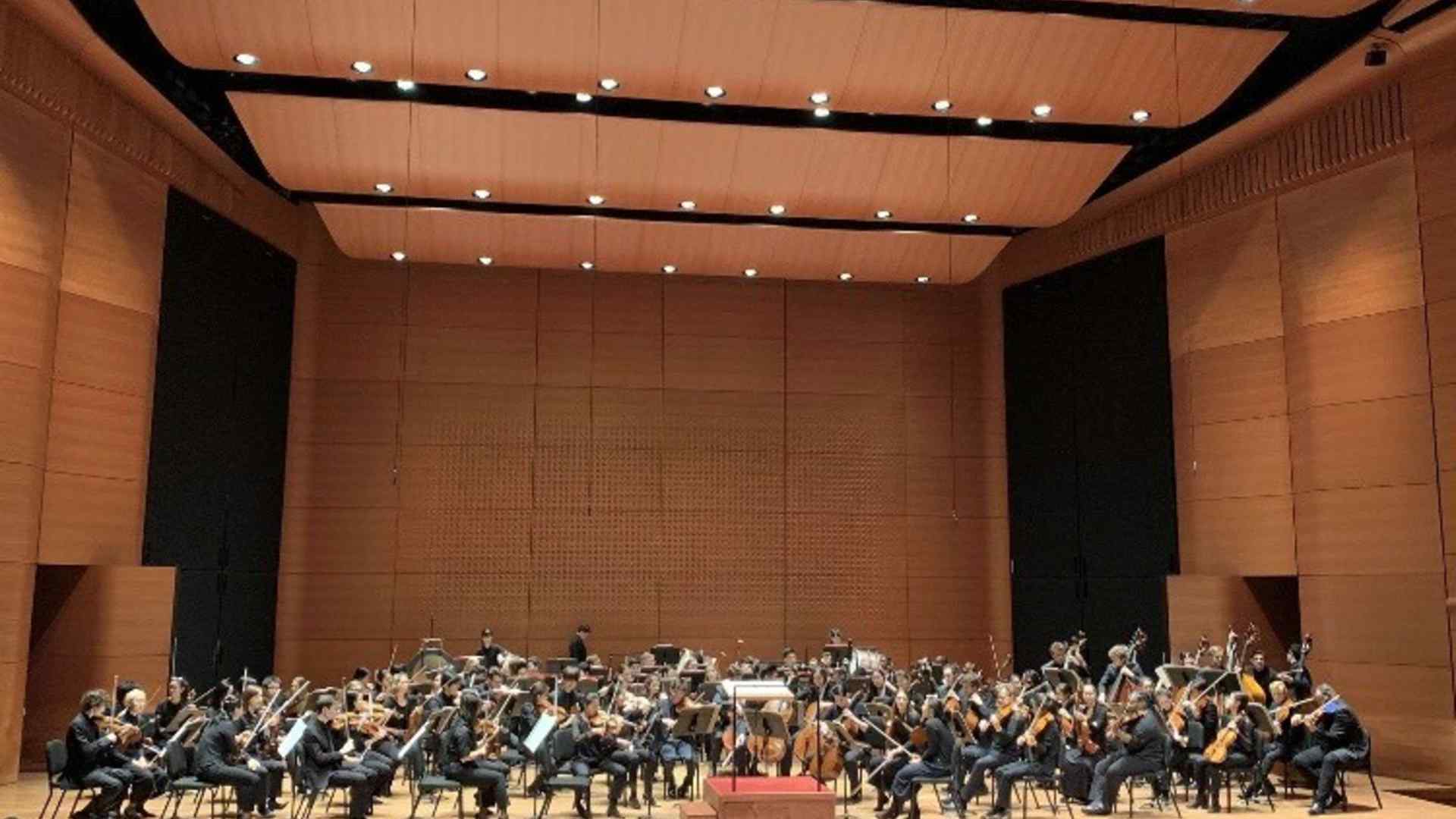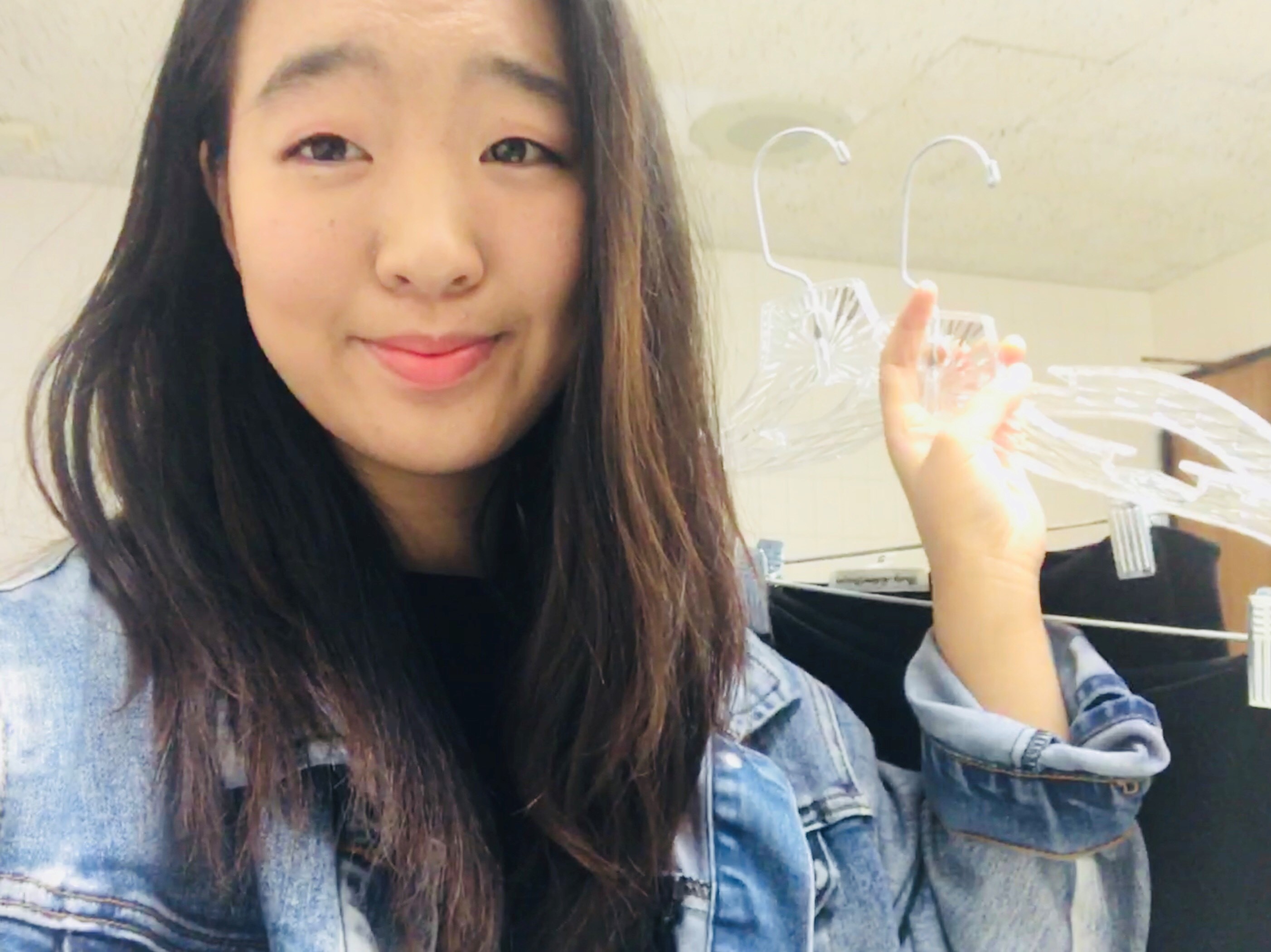
I just finished my first orchestra cycle at Juilliard.
As a freshman violinist at Juilliard, I was not looking forward to 9:30am to 12:15pm rehearsals on Monday and Thursdays. Especially since we would be playing Bela Bartok's Concerto for Orchestra. His music sounds weird, and it even just looks wrong on paper from across the room. But, by the end of the first rehearsal, I was awake. Yeah, his music is weird, but wonderful! I fell in love with the Concerto for Orchestra after the first rehearsal. I had started listening to recordings to prepare for orchestra, but I loved it so much that I've had it on my playlist nonstop throughout the day, during gym, and even in the shower. Even now, two weeks after our performance!

Now back to the scoop on the orchestra. Rehearsals are intense, long, tiring, and early. Tardiness is not tolerated. Every Sunday and Wednesday night, I would tell my poor friends to pour water on my head if I didn't text them that I was awake by 8:30 am on rehearsal mornings. As you can see, they are quite strict about being punctual for orchestra. This is both good and a bit scary. My new standard nightmare consists of me sleeping through orchestra but then waking up to find out that it's only 6:30am. Should I stay awake? Or, should I sleep some more and risk oversleeping? Eventually, I learned that waking up earlier meant that I had to go to sleep earlier, which also meant that I had to be more efficient and wiser. With time, this made me more relaxed and positive throughout the day, and I was able to get more things done.

Because an orchestra cycle means devoting extra time for preparation, the long rehearsals, and the performance, I have to be extra diligent about managing the remaining time for my other classes, chamber music, practicing and lessons, It was more difficult to keep up with my solo repertoire during the rehearsal process for the orchestra concert. Even when I thought I was being methodical and useful with my time, I still found that there were more tasks to complete than the time I had. At times, my only option was to sacrifice sleep to really do the best job I could possibly do on these pieces and assignments. I knew that I had to compartmentalize my time wisely and pick and choose what to prioritize. This meant that when practicing, I sometimes found myself in the unaccustomed position of moving on from continuing to work on a piece rather than going past its allocated time. Similarly, when I knew I had a music theory essay due the morning after the orchestra concert, so I did everything possible to have it done before concert night.

I truly enjoyed playing every piece in the cycle as well as working with my incredibly talented and hardworking colleagues—it's been one of the best experiences of my life, truly. I will be forever inspired by my amazing peers, conductor, and mentors throughout this cycle, and am grateful that I was able to be a part of it.
Attend a student performance on campus.